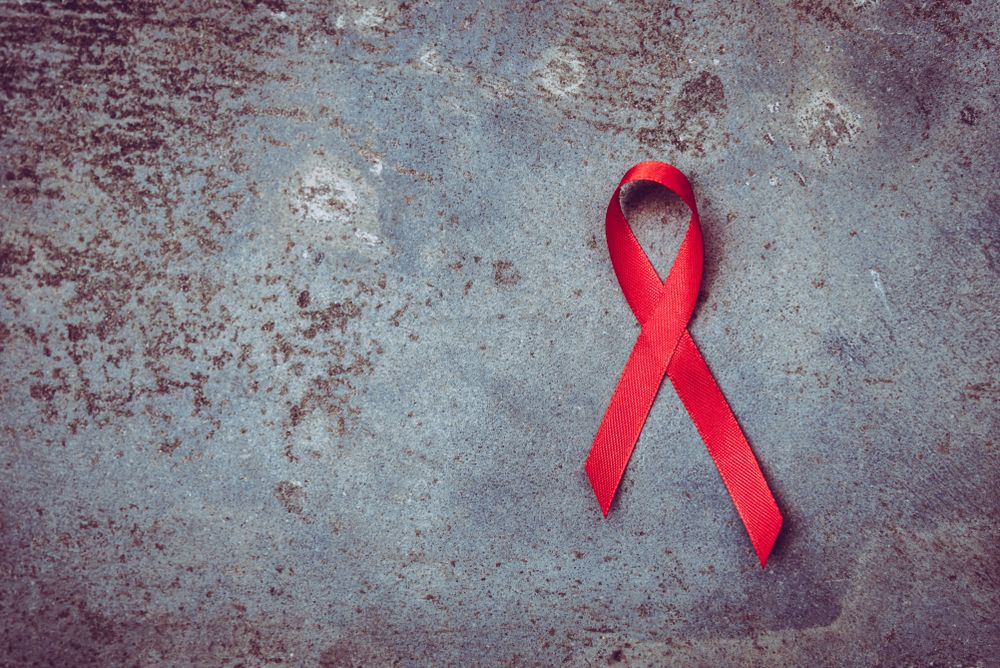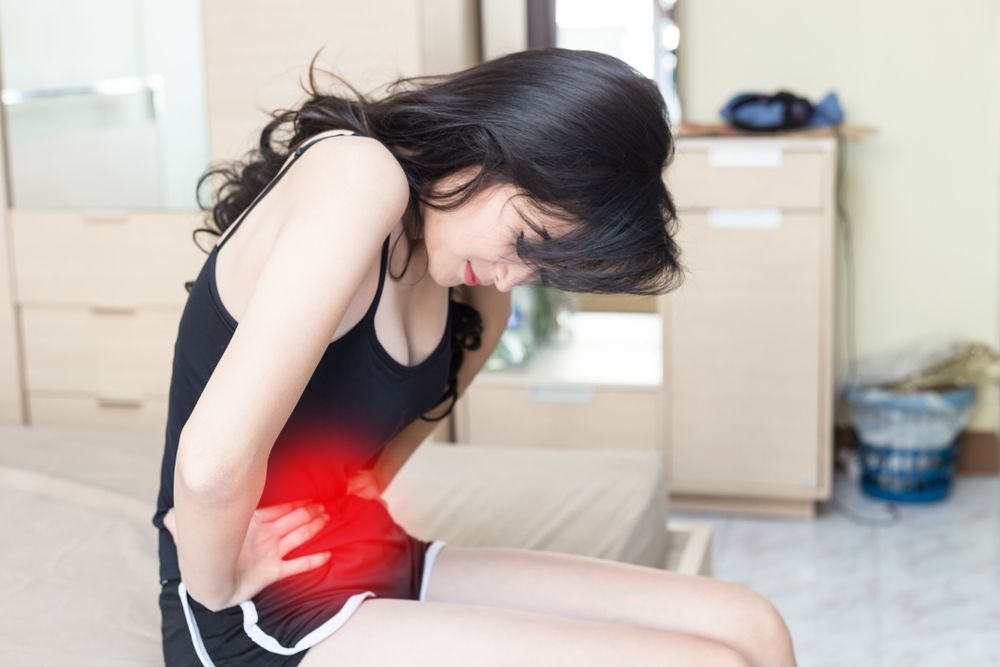It is common for young women to experience irregular periods when they first begin menstruating.
Excessive exercise, certain medicines, and weighing too much or too little can cause a woman’s period to become irregular. (Learn More: Common Causes of Irregular Periods)
Some health conditions can also cause irregular menstruation.
Some treatments may be able to regulate a woman’s period, such as birth control, hormone therapy, and lifestyle changes. (Learn More: When to Consult a Doctor)
Common Causes of Irregular Periods
When a young woman reaches puberty, her menstrual cycle, including ovulation and menstruation, begins. In the U.S., young women typically begin their menstrual cycle around the age of 12. From this point forward, a woman can become pregnant. 
During the first few years after her first menstrual cycle, young women and girls may notice that their periods are a bit irregular. Weight fluctuations, stress levels, and other issues increase the likelihood of skipped periods or changes in cycle lengths.
Each cycle is unique to the individual, with some women’s periods occurring every 21 days, and others occurring every 45 days. However, the average length of a menstrual cycle is 28 days, with bleeding lasting between two and seven days.
Menstrual irregularity, or irregular periods, is not always a sign of an underlying health concern. Common reasons for irregular periods are:
- Not eating enough.
- Low or high weight.
- Excessive levels of exercise.
- Certain medicines, like anticoagulants, hormone medication, or anti-inflammatory medications.
- Hormone imbalances.
- Underlying medical conditions.
- Polycystic ovary syndrome (PCOS): While PCOS is associated with enlarged ovaries and high levels of the male hormone androgen, the cause of the syndrome remains unknown. The condition can also cause irregular periods.
- Pelvic inflammatory disease (PID): Caused by the same bacteria as chlamydia and gonorrhea, PID begins as an infection and spreads throughout the rest of the pelvis. Common symptoms are pain during intercourse, fever, and irregular periods.
When to Consult a Doctor
Irregular periods are not always caused by something serious. Contact your doctor if you are experiencing any of the following symptoms:
- Periods frequently lasting longer than a week.
- A sudden stop in your periods.
- Not having a period for three months when not pregnant.
- Fever, abnormal vaginal discharge, or nipple discharge.
- Cycles that are less than 21 days.
- Irregular periods for three years or longer.
- Unusual hair growth on your face, abdomen, chin, or chest.
At the appointment, your doctor will ask about your exercise habits, your medical history, sexual history, and any recent life changes that may be causing you distress. Your doctor will likely perform diagnostic tests, including:
- Blood tests.
- Ultrasounds (abdominal, pelvis, or vaginal).
- CT scan.
- MRI.
Treatments to Regulate Your Period
Once the reason for your irregular periods has been identified, your doctor may recommend:
- Weight adjustments. Your doctor may advise that you lose or gain weight, depending on your particular situation.
- Exercise changes. High levels of exercise often cause irregular periods. Your doctor may recommend you cut back.

- Hormonal intrauterine devices (IUD). These are known to make women’s periods shorter or lighter. Some women may not bleed at all when using IUDs. You may experience irregular periods during the first six months of use, but periods should regulate and decrease in length over time.
- Vitamin D supplements. Some research shows that vitamin D can help to regulate ovulation, resulting in more regular periods.
- Birth control. Birth control pills have long been a common remedy for irregular periods and may help regulate women’s cycles. They can also make periods lighter and decrease cramps.
- Progesterone treatments. Progesterone is a hormone that occurs naturally in the adrenal glands, placenta, and ovaries. It helps women regulate their cycles. In addition, the hormone can be found naturally in some foods, or it can be artificially micronized. Progesterone can be prescribed if you had a regular cycle and suddenly stopped having periods.
The medication is sold as a capsule and is usually taken in cycles of 10 to 12 days. You do not take the medicine for up to 16 to 18 days per cycle. Side effects may include vomiting, headaches, diarrhea, mood swings, coughing, urination issues, and vaginal discharge.
- Stress reduction techniques. These might include yoga, meditation, breathing exercises, and changes to your workplace or personal responsibilities, all aimed at reducing stress.
Frequently Asked Questions
What does a regular menstrual cycle look like?
Most women can expect to get their period every 21 to 35 days, though some women’s regular cycle may be about every 42 to 45 days. It is normal for women to have periods that last anywhere from two to seven days at a time.
When should I consult a doctor?
Some signs that something could be wrong include having a regular menstrual cycle that suddenly stops, cycles that are shorter than 21 days or more than 45, excess hair on your face or chest, periods that go away for three months or longer despite lack of pregnancy, and having irregular periods for three years or longer.
What causes an irregular period?
Irregular periods can be caused by stressful life changes, sudden changes in weight (rapid weight gain or loss), certain medications, hormonal imbalances, and some health conditions, such as pelvic inflammatory disease (PID) or polycystic ovary syndrome (PCOS).
If you visit a doctor, they will ask about your medical history and may run tests to identify the cause of your irregular periods. Tests may include an MRI, ultrasound, or blood tests.
Young women may have irregular periods for a few years after their first menstrual cycle. This is normal, and periods should become more regular over time.
Is there a way to regulate periods?
Several treatment methods can regulate your periods, depending on the underlying cause. Lifestyle changes, such as exercise, a healthy diet, and stress relief techniques, are often enough to help women regulate their periods.
In some cases, women may need to take birth control, use a hormonal intrauterine device (IUD), or take a hormone pill such as progesterone to regulate their cycle. Birth control, hormonal IUDs, and progesterone all have different hormones that can influence your menstrual cycle.
Some women report that their periods become regular after using these treatments. In addition, birth control and IUDs may reduce flow or decrease the duration of periods. IUDs are also known to stop bleeding associated with periods after about a year of use.
References
Can Taking Prometrium Vaginally Prevent Miscarriage? (July 2018). Healthline.
Natural Micronized Progesterone Sustained Release (SR) and Luteal Phase: Role Redefined!! (February 2016). Journal of Clinical and Diagnostic Research.
Progesterone and progestin: How do they work?. (February 2017). Medical News Today.
What Is an Irregular Period? (July 2019). Verywell Family.
What Causes Menstrual Irregularity? (August 2019). Healthline.
Irregular Periods. (December 2018). KidsHealth.
The Menstrual Cycle: An Overview. (2019) University of Rochester Medical Center.
Should I Take Birth Control Pills to Regulate My Period? (November 2015). KidsHealth.
Polycystic Ovary Syndrome (PCOS). (August 2017). Mayo Clinic.
Pelvic Inflammatory Disease (PID). (April 2019). Healthline.
14 Possible Causes for Irregular Periods. (August 2018). Medical News Today.
How Does an Intrauterine Device (IUD) Affect Your Period? (January 2019). Healthline.
Birth Control Pills: A Guide for Parents (April 2019). Center for Young Women’s Health.







